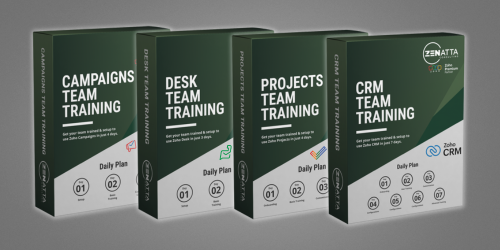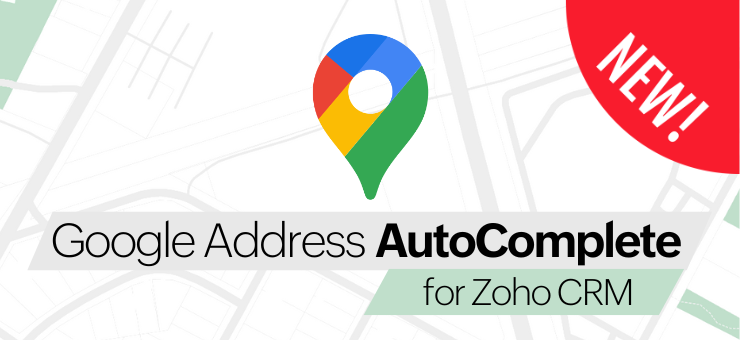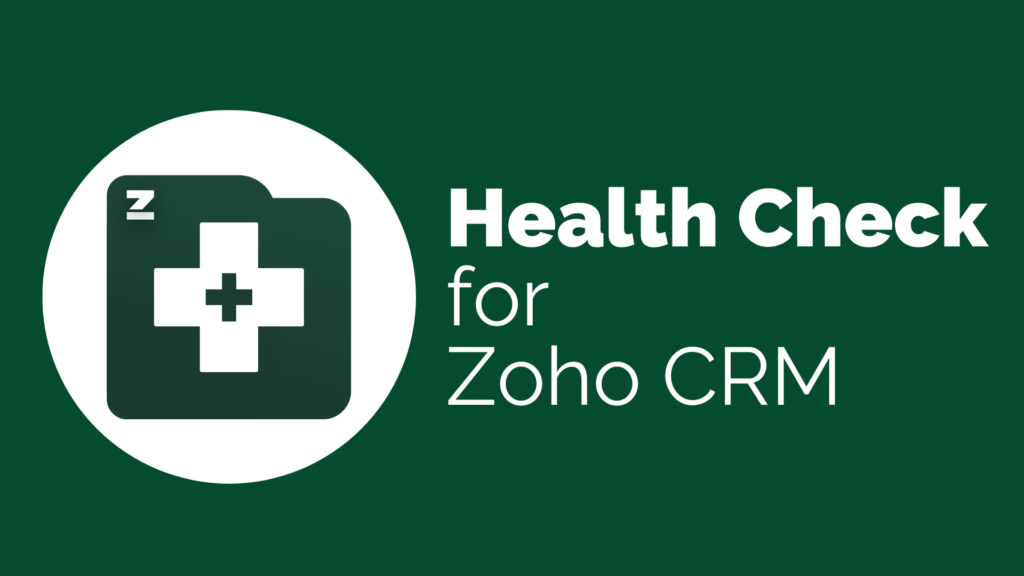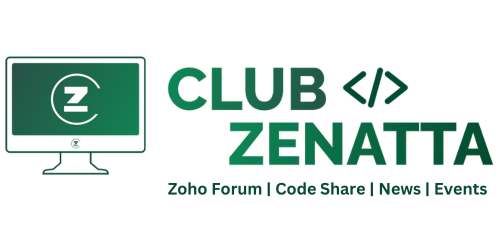CRMs aren’t just for sales and marketing. A good CRM should track everything you know about your customers. From their address and billing information to their last purchase and support ticket. With all this information centralized and organized, your teams can find the information they need quickly and efficiently without getting lost or accidentally finding the wrong information. CRMs provide a fast way to search for the information you need, either through a keyword search or record discovery. Either way, your customer service reps get the information they need.
Using CRMs In Customer Support
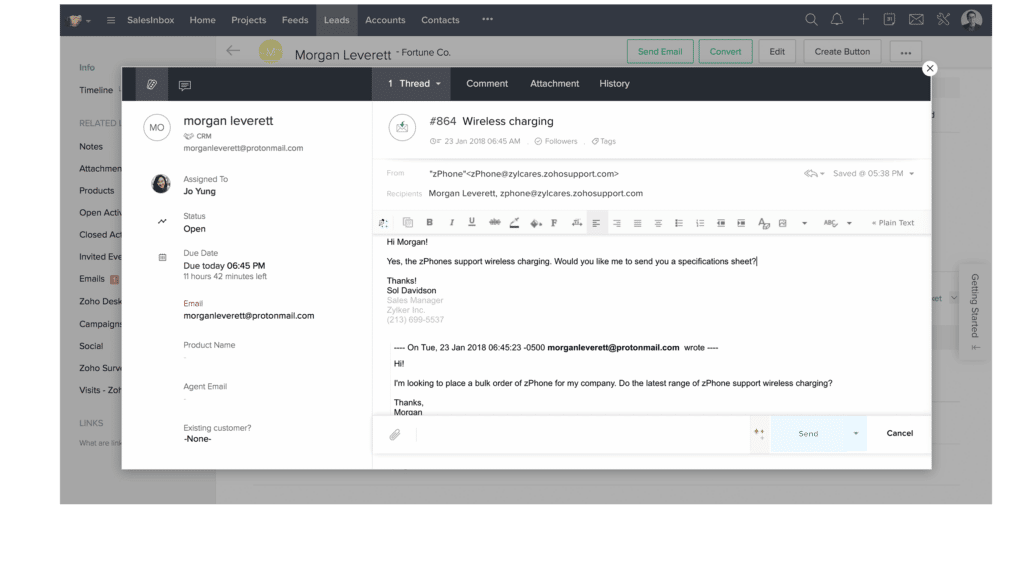
When you’ve got a customer on hold while you hunt for information, every second counts. After just forty seconds, 90% of customers on a silent hold will hang up, while music will delay them for another thirty seconds. And if they call back, will your CRM have already captured their previous call, or will the customer need to repeat everything they just said? You will certainly not benefit from routinely putting customers in that position. Not in customer satisfaction or employee morale. You shouldn’t have to bear the brunt of customer complaints despite having no power to fix the system they’re complaining about.
But to provide this information, it must first be captured. That’s why every touch on your CRM connects to customer service. Poor use of the CRM can often connect errors and omissions in employee work. Sometimes, customer service becomes the method for catching and resolving CRM errors. For example, customers who are on the wrong mailing list or who are receiving information unrelated to their needs.
Quality CRM Data
But most of the time, the CRM is the tool we use to fix problems. And in order to fix problems, we need the information to develop a solution. The data in your CRM is like a gold flake: one flake doesn’t mean much, but hundreds together start to develop real value. You’ll need to develop a CRM protocol to capture that data accurately. Fortunately, it’s frequently found in other apps that can be ingested into Zoho CRM with the appropriate integrations.
The best support is natural, intuitive, and easily accessible. The customer feels supported, and never feels embarrassed for needing help. They leave with a sense that the representative made a reasonable faith effort to solve their problem, even if it couldn’t. Zoho Desk can help your customer service representatives provide the best possible service by streamlining workflows, reducing overheads, and simplifying problems solving.
How Zoho Desk Enhances Supportive CRMs
Zoho Desk also plugs into your CRM, connecting your support professionals to the data they need to make decisions. This information is normally segmented into a variety of apps, requiring multitasking, app switching, and hunting through screens to get the information you need. And when you’re hunting for information, you’re not helping the customer.
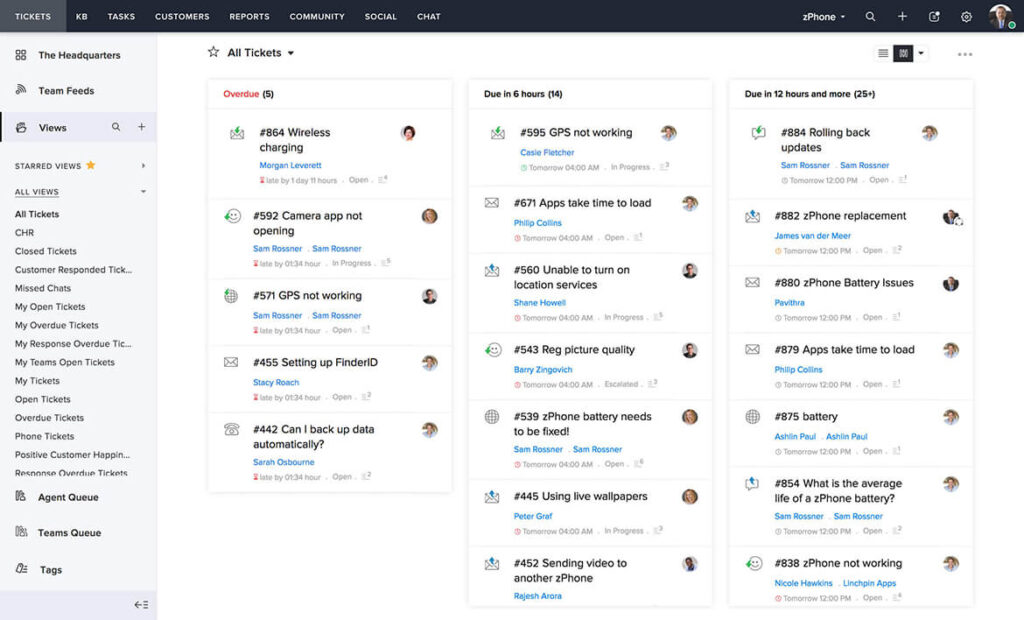
When connected to Zoho CRM, Zoho Desk can present contextual information about the customer on the same page as their ticket. By showing everything on one page, Zoho Desk can save time and help your customer service representatives stay “plugged in” to their conversation with the customer, providing better support and outcomes.
Desk also provides a quick link to deeper dives into the customer’s records. Customer service records need complete access to your customer’s records. When a problem occurs, they need the power to dive deeply into customer records to fully understand the context of the problem.
Ideally, your representative should understand the problem without requiring your customer as the sole source of information on the issue. Considering how unreliable and easily annoyed some customers might be, that’s not a position you want to find yourself in!




